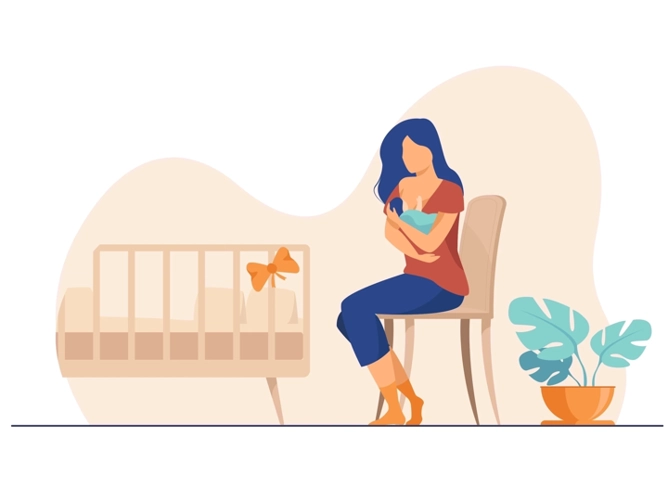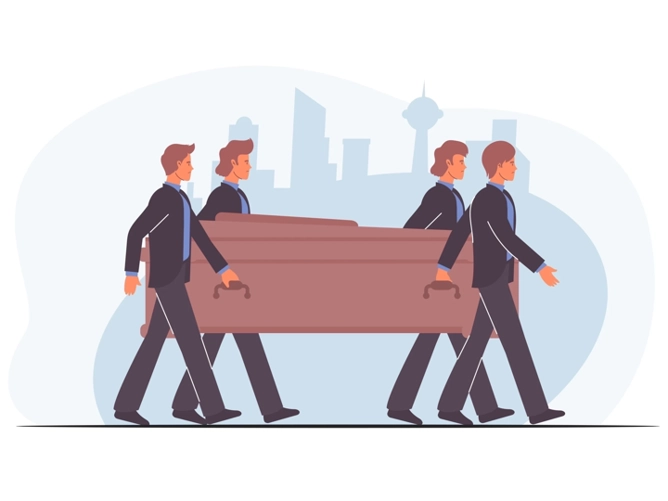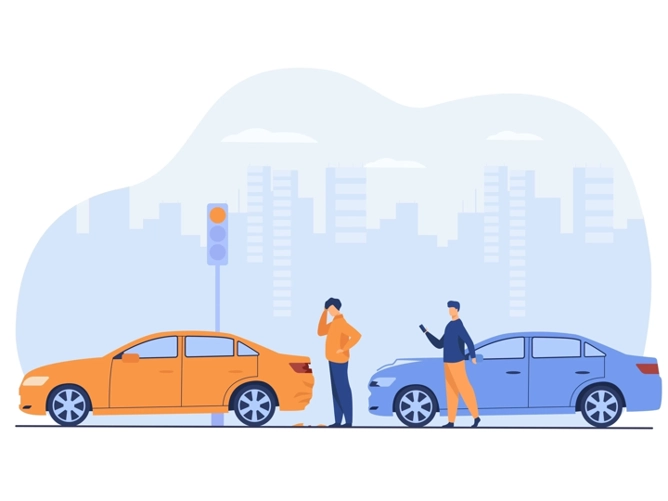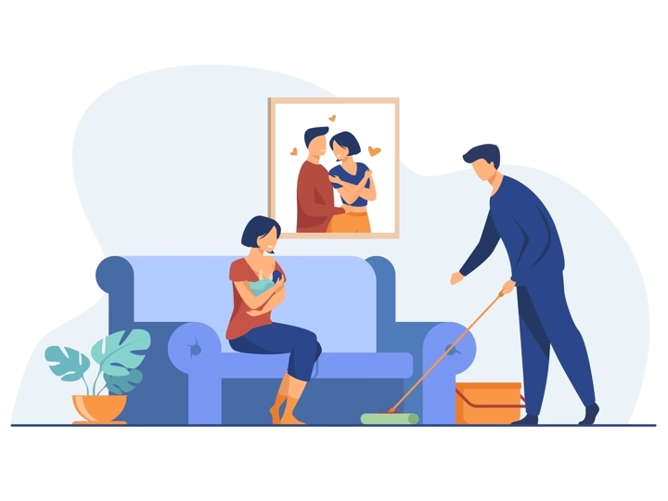
Your Guide to Pharmacies in Germany
Your Guide to Pharmacies in Germany
Your Guide to Pharmacies in Germany: Everything Expats Need to Know
Introduction
Have you ever felt unwell in Germany and wondered, “Where do I get medicine? What’s with all the red ‘A’ signs, and why can’t I find meds at the supermarket?” For many expats, navigating pharmacies in Germany is a surprisingly big cultural adjustment. Whether it’s finding painkillers for a headache or filling a prescription after seeing a doctor, understanding how the pharmacy system works here can make daily life a lot smoother.
At liveingermany.de, we’ve guided thousands of expats through Germany’s unique healthcare and service landscape. In this comprehensive guide, we’ll explain exactly how pharmacies in Germany operate, the difference between “Apotheke” and “Drogerie,” how to get the medications you need—and what steps to take if you find yourself lost in translation. Our aim: to deliver a trustworthy, actionable guide for expats, with first-hand insights and up-to-date knowledge.
Why Pharmacies in Germany Can Be Confusing for Expats
Landing in Germany, you might assume pharmacies work just like back home. But expats are often surprised by just how regulated and distinct the system is. Medications aren’t sold in supermarkets or convenience stores, and many remedies that are “over the counter” elsewhere require a chat with a professional here.
Take Aisha, a Canadian expat, who found herself searching for paracetamol in her local supermarket, only to be redirected to the “Apotheke” next door. Not only was the medicine behind the counter—she actually had to answer a few questions from the pharmacist first! With language barriers and unfamiliar rules, what should be a simple errand can feel intimidating.
The main expat challenges include:
- Limited English info at counters: Pharmacists usually speak German first, though many know basic English.
- Unknown brands & names: Drug names and packaging are different than at home.
- Strict regulations: Prescription rules and insurance co-pays can be tricky to navigate.
But no worries—let’s clarify everything in the next sections so you feel prepared, supported, and in control.
How Pharmacies Work in Germany: Practical Steps & Cultural Insights
Overview: Pharmacies (“Apotheken”) as Healthcare Pillars
Pharmacies (Apotheken) in Germany are strictly regulated and central to healthcare delivery. They dispense both prescription and non-prescription medicine, offer advice, and guarantee high safety standards (ottonova, iamexpat).
Types of Medications & Access
- Prescription Medications
- Only available with a German doctor’s prescription (“Rezept”).
- Foreign prescriptions usually aren’t accepted—see a local doctor!
-
Prescriptions can be filled at any Pharmacy. Look for the large red “A” sign.
-
Non-Prescription Medications
- Basic painkillers, cough medicine, etc., are not on public shelves—they’re kept behind the counter.
- You’ll be asked about your symptoms and possibly offered alternatives.
- Some essentials (e.g., cough drops) might be found in “Drogerie” (drugstores), but for most medicines, the Pharmacy is essential.
- Heads up: Over-the-counter (OTC) meds are generally not covered by health insurance and must be paid for out of pocket.
Pharmacy (“Apotheke”) vs. Drugstore (“Drogerie”)
| Feature | Apotheke (Pharmacy) | Drogerie (Drugstore) |
|---|---|---|
| Prescription meds | ✅ Yes | ❌ No |
| Over-the-counter | ✅ Yes | ⚠️ Limited (cough drops, nasal sprays) |
| Professional advice | ✅ Yes (with trained pharmacist) | ❌ No |
| Insurance coverage | ✅ Possible (for Rx meds) | ❌ No |
(source: ottonova, iamexpat, study-in-germany.com)
Business Hours & Emergency Pharmacies (“Notapotheken”)
- Hours: Usually 8 or 9am–6 or 7pm. Saturdays close early, closed Sundays.
- Emergency service: One pharmacy per region is always open overnight/on weekends. Find the list posted on any pharmacy door or check online (ottonova emergency locator).
Insurance and Medication Costs
- Statutory/public insurance: Usually pays part of prescription costs—expect a small co-pay.
- Non-prescription meds: Fully paid out of pocket, not covered by insurance.
- Private insurance: Coverage varies, often more generous.
Role of Pharmacists
Pharmacists in Germany are highly qualified healthcare professionals. They advise on side effects, interactions, and recommend trusted medicines.
Tip: For minor issues like colds or headaches, seeking advice from a pharmacist can save you a doctor’s visit and co-pay.
Practical Tips for Expats Navigating German Pharmacies
Be prepared—here are your action steps:
1. Always bring key documents
- Prescription from a German doctor (for Rx meds)
- Health insurance card: Needed for insurance coverage or co-payment processing
2. Know what to ask for
- If you need a medicine you took at home, bring the packaging or a list of active ingredients. Drug names and brands often differ.
- Ask the pharmacist for the German equivalent or recommendations—they’re there to help, and many speak basic English.
3. Finding medication outside business hours
- Search online for the nearest Notapotheke emergency pharmacy, or check the list on any local pharmacy’s door.
- Emergency pharmacies rotate, so locations change daily.
4. Distinguish between pharmacies, drugstores, and supermarkets
- Pharmacies/Apotheken: Your go-to for anything medical or medicinal.
- Drugstores/Drogerien: Shop for toiletries, vitamins, and basic health items—not medicine.
5. Practical Language Hacks
- Useful phrases:
- “Sprechen Sie Englisch?” (Do you speak English?)
- “Ich habe Kopfschmerzen. Was empfehlen Sie?” (I have a headache. What do you recommend?)
- “Ich brauche dieses Medikament, aber ich habe nur das englische Rezept.” (I need this medicine, but I only have an English prescription.)
Reflective Question:
What’s been your biggest headache—literally or figuratively—when visiting a pharmacy in Germany? Let us know in the comments or our expat forums!
Recommended Resources for Expats (Affiliate CTA)
-
Struggling to understand your health insurance coverage for prescriptions? Consider booking a free consultation with Ottonova, Germany’s digital private insurance for expats. Learn more here.
(Affiliate link – we may earn a commission at no extra cost to you.) -
Planning to stay long-term and want an English-speaking bank? Revolut offers app-based banking in English, ideal for expats managing healthcare co-pays and everyday expenses. Sign up today.
(Affiliate link – we may earn a commission at no extra cost to you.)
The Live in Germany Advantage
At liveingermany.de, our guides are written by experienced expats who’ve been through the same confusion—translating doctor’s notes, figuring out what “Notdienst” means, and learning the quirks of German bureaucracy.
- Our mission: To demystify German systems so you can focus on living—not just surviving.
- Community-driven: Thousands of expats read and contribute insights to our platform.
- Free checklists, forums, expert Q&As: Find more nuanced advice on healthcare, housing, finances, and daily life.
- Trusted by expats: Our step-by-step guides are crafted with EEAT in mind, drawing on credible sources, real experiences, and up-to-date regulations.
Frequently Asked Questions: Pharmacy in Germany
What is a Pharmacy in Germany?
A pharmacy, or “Apotheke,” is a regulated medical store that provides prescription and non-prescription medications, professional advice from certified pharmacists, and sometimes basic health services. Drugstores (“Drogerien”) are not pharmacies.
How do I get started with a pharmacy in Germany?
- Visit any local pharmacy (“Apotheke,” look for the red “A” sign).
- For prescription meds, bring a German prescription from a registered doctor and your insurance card.
- For non-prescription medicines, ask the pharmacist directly—they’ll recommend and dispense what you need behind the counter.
Are pharmacies in Germany available for expats?
Absolutely. Pharmacies are open to everyone—locals, expats, and tourists alike. While not all staff may speak fluent English, most in larger cities can help in basic English. Your German health insurance card will be accepted, and private insurers are well understood.
Sources & Data
- ottonova: Guide to Pharmacies in Germany
- iamexpat: Pharmacies & Medicine in Germany
- study-in-germany.com: Health & Medicine
- ABDA: Recognition of Foreign Pharmacist Degrees in Germany
- All data verified as of 2025.
Pharmacies are a cornerstone of health and daily life in Germany. With these tips and a bit of local know-how, you’ll be empowered to look after yourself and your family with confidence—no matter where your expat journey takes you!
Meta Description/Teaser:
Step-by-step guide on pharmacy in Germany for expats living in Germany.

Jibran Shahid
Hi, I am Jibran, your fellow expat living in Germany since 2014. With over 10 years of personal and professional experience navigating life as a foreigner, I am dedicated to providing well-researched and practical guides to help you settle and thrive in Germany. Whether you are looking for advice on bureaucracy, accommodation, jobs, or cultural integration, I have got you covered with tips and insights tailored specifically for expats. Join me on my journey as I share valuable information to make your life in Germany easier and more enjoyable.





